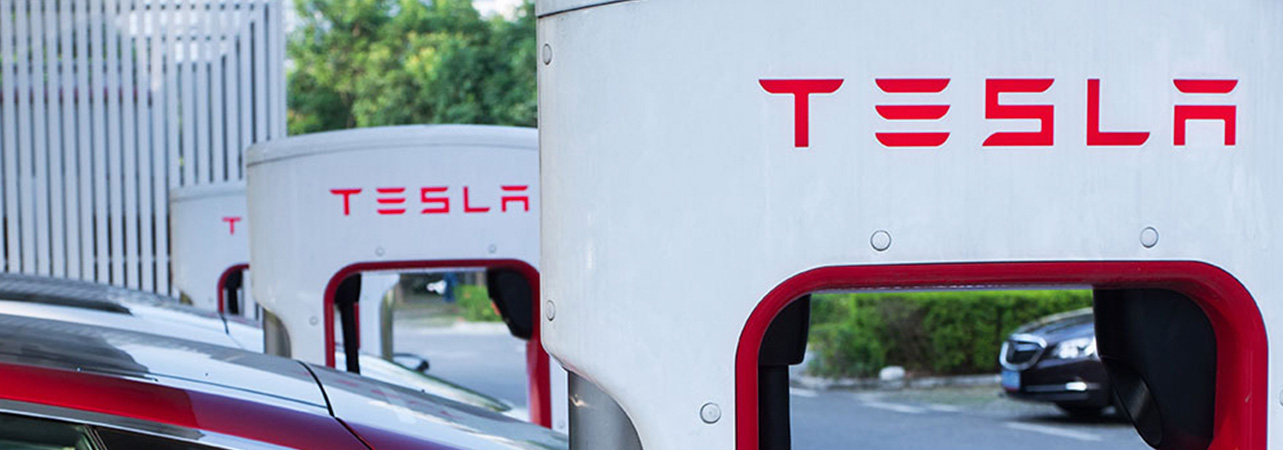Tesla has been given the elbow from a popular ESG index, yet ExxonMobil remains in place. It shows the anomalies of ESG ratings.
- Tesla’s removal from the S&P 500 ESG index was labelled a “clear case of wacktivism” by Elon Musk
- Tesla was removed over safety and labour concerns at its manufacturing plants
- It shows a problem of perception for ESG funds
Tesla’s removal from the S&P 500 ESG index has surprised investors and riled Elon Musk. The mercurial Tesla chief executive called it a “clear case of wacktivism”, pointing out that the rating agency had seen fit to include environmental irritant ExxonMobil in the index. It certainly exposes a problem with the perception and reality of ESG ratings.
In fact, S&P had good reasons for dropping Tesla from the index. The group had been subject to some murky racism allegations over one of its manufacturing plants. There were also safety concerns that had, S&P thought, been inadequately dealt with. In other words, it doesn’t matter if companies are doing a good job on the environment if they can’t get their supply chains in order.
That is perhaps understandable. However, ExxonMobil’s inclusion is less explicable. It has also been subject to investigations, is widely seen as a key contributor to microplastics in the ocean and, unquestionably, is one of the world’s largest carbon emitters. Anecdotally, it has also been slow to shift its thinking and behaviour on climate change – it is subject to legal action in Massachusetts, accused of greenwashing and misleading the public. It certainly seems obtuse to exclude Tesla and retain ExxonMobil.
However, specific companies aside, it shows a problem of perception for ESG funds. The majority of investors buying an ESG index would almost certainly expect Tesla to be included and ExxonMobil to be excluded. The nuances of index selection may baffle end investors who just want companies that appear to be doing good.
This may show the inadequacies of rating systems, which struggle to capture a company’s impact on the world. They cannot offer companies extra points because of their outsized environmental impact. It is not just true for Tesla. Companies such as India’s Reliance see their outsized social impact overlooked because of poor governance. Indices cannot capture these subtleties. This is where active managers need to use their judgement.
Tesla is an imperfect company and Musk a flawed boss, but it is tough to dent its profound impact on the electrification of the transport system. It is difficult to make a similar case for ExxonMobil. Sometimes ratings will throw up anomalies, but this one looks particularly odd and may dent support for a widely used and trusted index.





